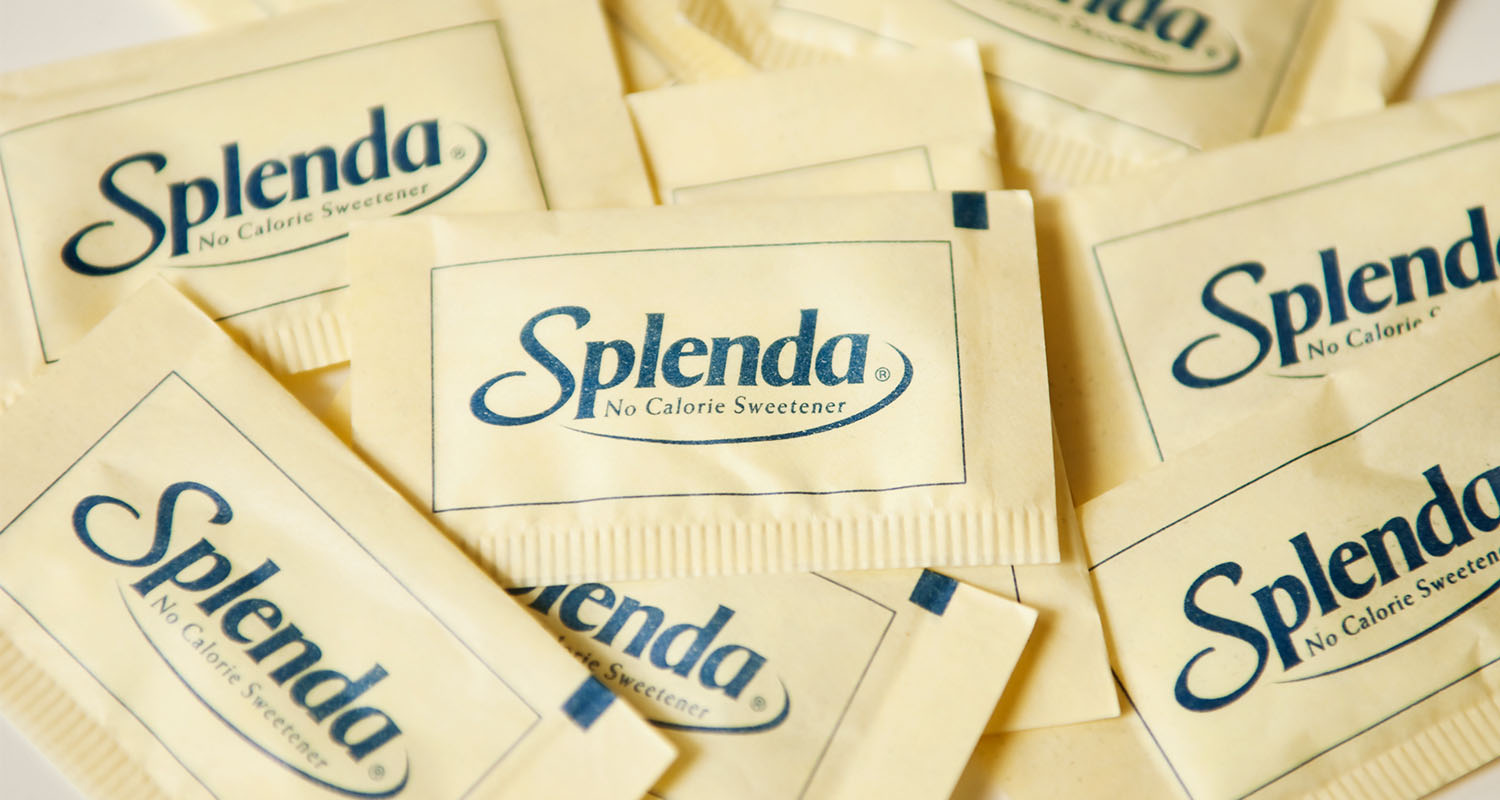
- Sucralose (Splenda) is an artificial sweetener that’s been sold in the US since the nineties. The FDA categorized sucralose as safe, but since then, new research has called sucralose’s safety into question.
- Recent rat studies suggest that sucralose may disrupt your gut bacteria.
- Sucralose metabolites may build up in your fat cells, too, and researchers don’t know what those metabolites do.
- Cooking with sucralose creates possible carcinogens called chloropropanols that you’re better off avoiding.
- There haven’t been many studies on sucralose in humans, so it’s hard to say one way or another whether sucralose is okay to eat. There are much better-studied sweeteners that you can use instead of sucralose. Read on to find out which sweeteners are best.
Sucralose (you might know it as Splenda) is an artificial sweetener that’s been sold in the US since the nineties. Sucralose has been at the center of the artificial sweetener debate, with arguments from both sides. Some people claim it’s totally safe; other say it causes everything from cancer to DNA damage.
The truth is somewhere in the middle. A growing body of evidence suggests sucralose may not be good for you…but most of the research is in rats, so it’s hard to say anything definitively. What’s more certain is that sucralose is not “biologically inert,” as its original FDA safety application claims. So is sucralose safe?
Prefer to listen to this article? Click the play button below for the audio version.
The TL;DR for this article is that it may not be, and that there are much better sweeteners out there. Let’s take an honest look at the research about sucralose, and talk about what sweeteners are actually good for you.
Download the free Bulletproof Roadmap for a list of healthy and not-so-healthy sweeteners
Does sucralose (Splenda) cause cancer?
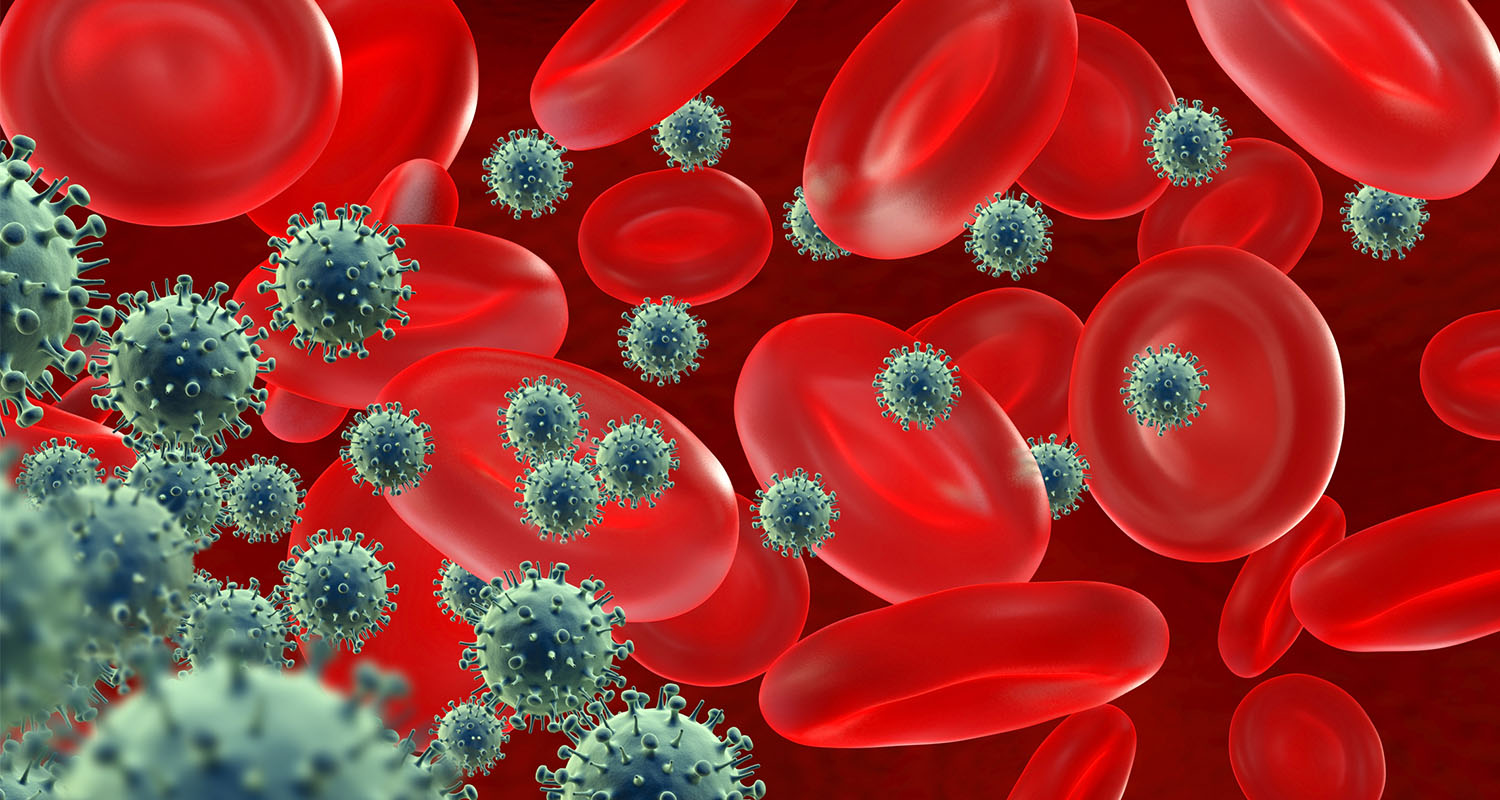
Researchers gave rats a variety of doses of sucralose throughout their lifespan, starting in the womb and continuing until death. Male rats who got higher doses of sucralose developed significantly more cancer in their lifetimes.
Sounds pretty damning for sucralose… until you look at the doses the researchers used. The rats that got cancer were consuming the human equivalent of 70-2,000 diet sodas per day, from the womb until death. Unless you’re drinking pure liquid sucralose, the results don’t really apply.
A follow-up review looked at sucralose’s safety in humans and found it to be safe. The researchers did a good job on the review…but it was funded by the company that sells Splenda, which means you should take the results with a grain of salt.[ref url=”https://www.ncbi.nlm.nih.gov/pmc/articles/PMC5152540/”]
So does sucralose, at a realistic dose, cause cancer in humans? Probably not. That said, there have been more reasonable studies on sucralose that are concerning.
Sucralose may wreck your gut bacteria
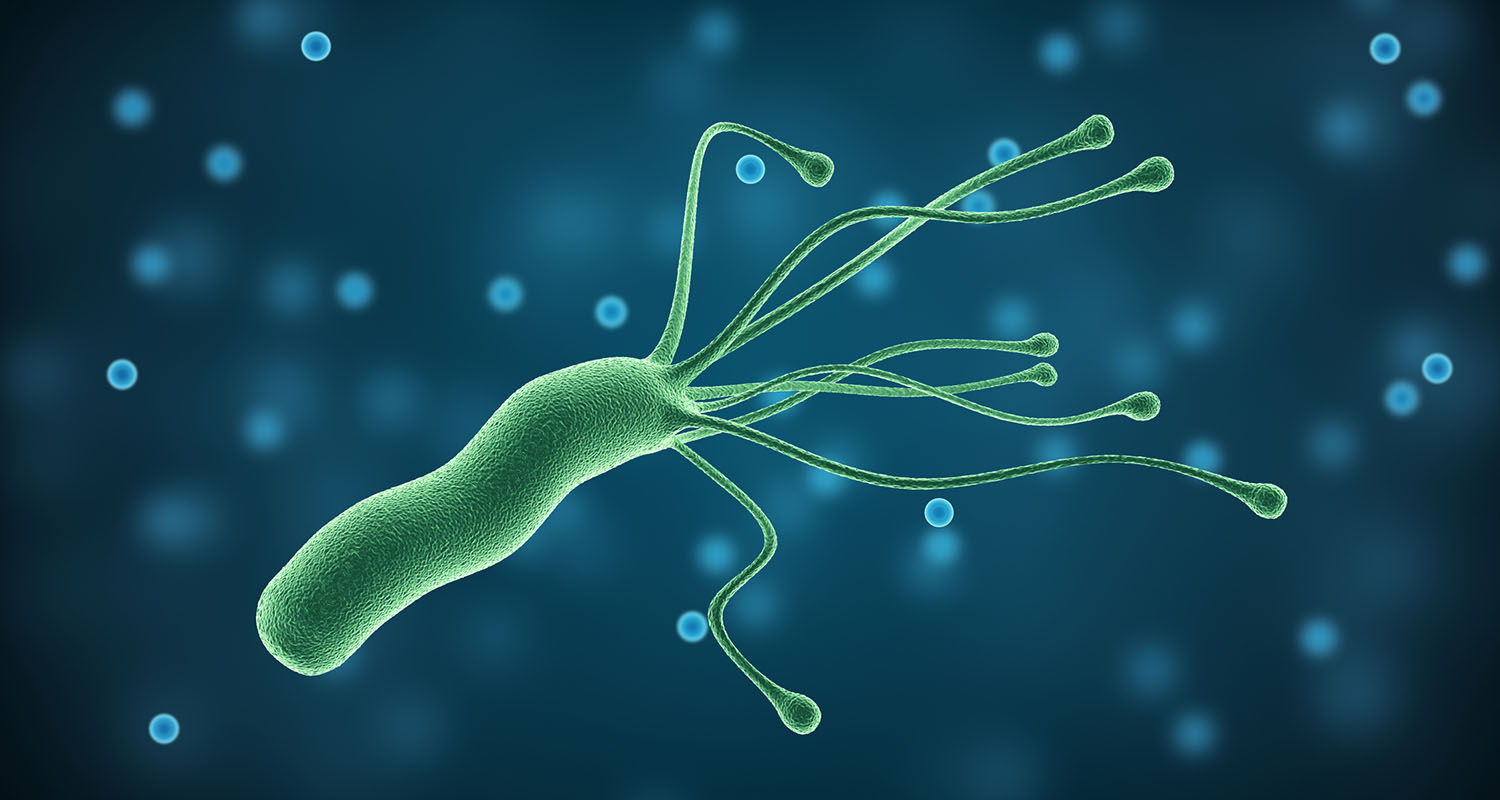
This study is still in rats, but it suggests that sucralose may mess with your gut bacteria. You’re probably better off avoiding it.
Sucralose metabolites may build up in your fat cells
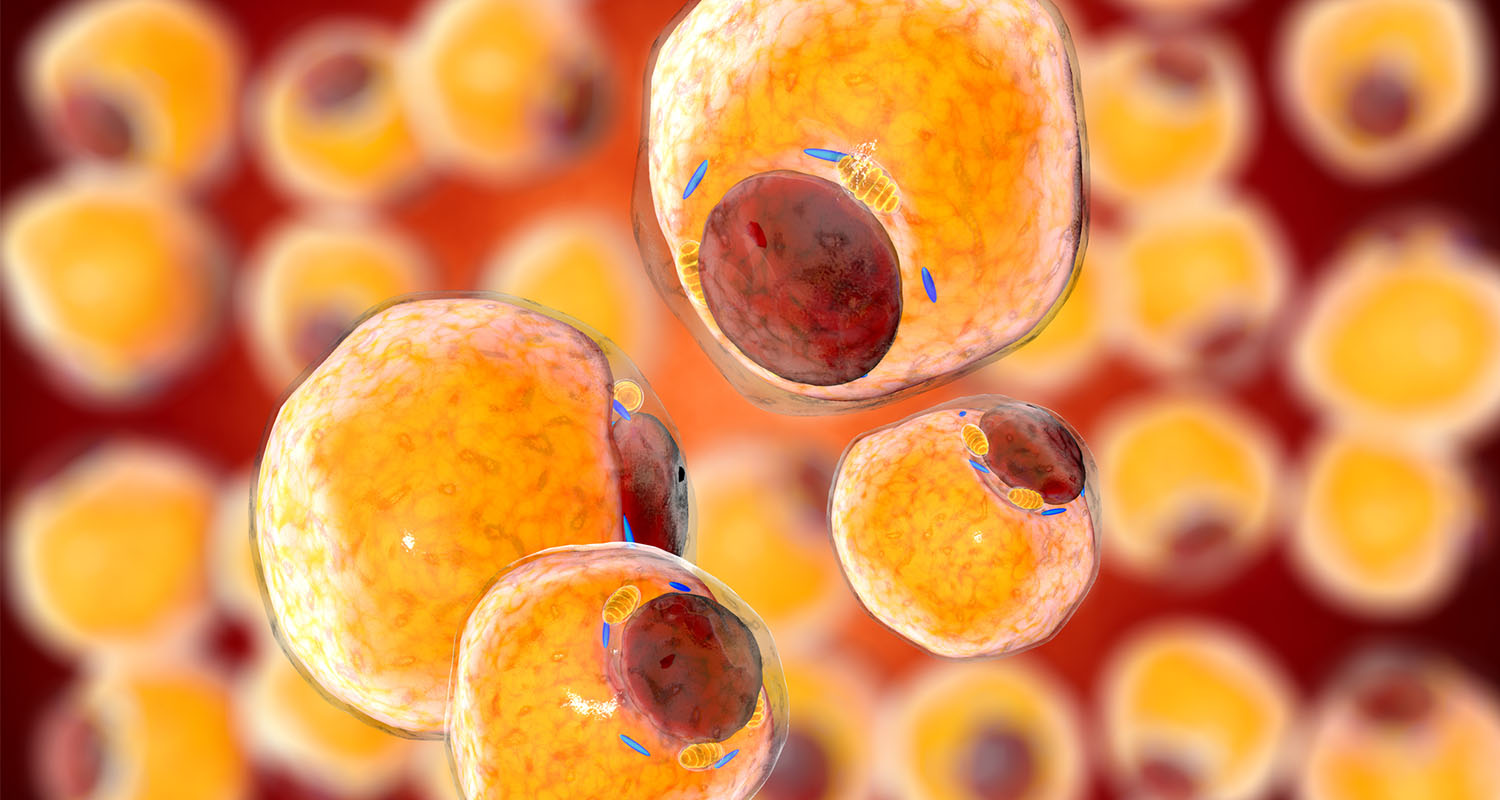
Rats fed small doses of sucralose did in fact metabolize it, and two of the metabolites built up in the rats’ fat cells.[ref url=”https://www.tandfonline.com/doi/full/10.1080/15287394.2018.1502560″] Researchers don’t know what those metabolites do. Again, this study is not in humans, but you probably don’t want to risk untested compounds building up in your fat cells, especially since that’s usually your body’s way of protecting you from stubborn toxins it has trouble excreting.
Heating sucralose creates carcinogens
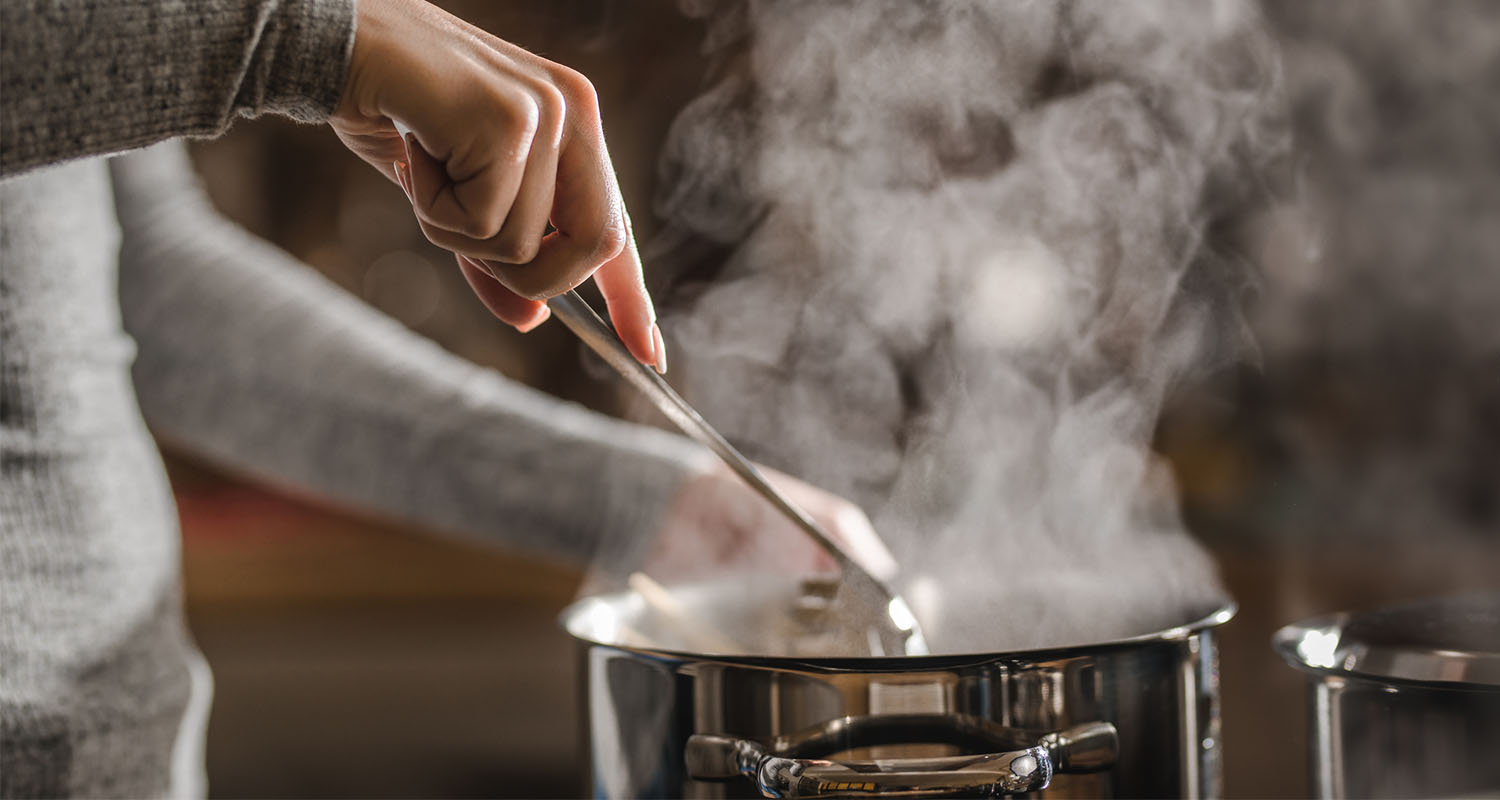
A lot of products that contain sucralose are heated at some point, which means they could contain potential carcinogens. Again, it doesn’t seem like it’s worth the risk.
Is sucralose safe for humans?

At best, sucralose is an unknown. In the next 20 years, human research may find that it’s totally safe, or it may find that sucralose damages gut bacteria, causes metabolites to bioaccumulate in your fat cells, and creates carcinogens.
Why take the risk? With its chemical aftertaste, sucralose is a poor substitute for sugar anyway. You’re better off choosing a natural, well-tested alternative sweetener. Below are a few options.
What’s the best alternative sweetener?
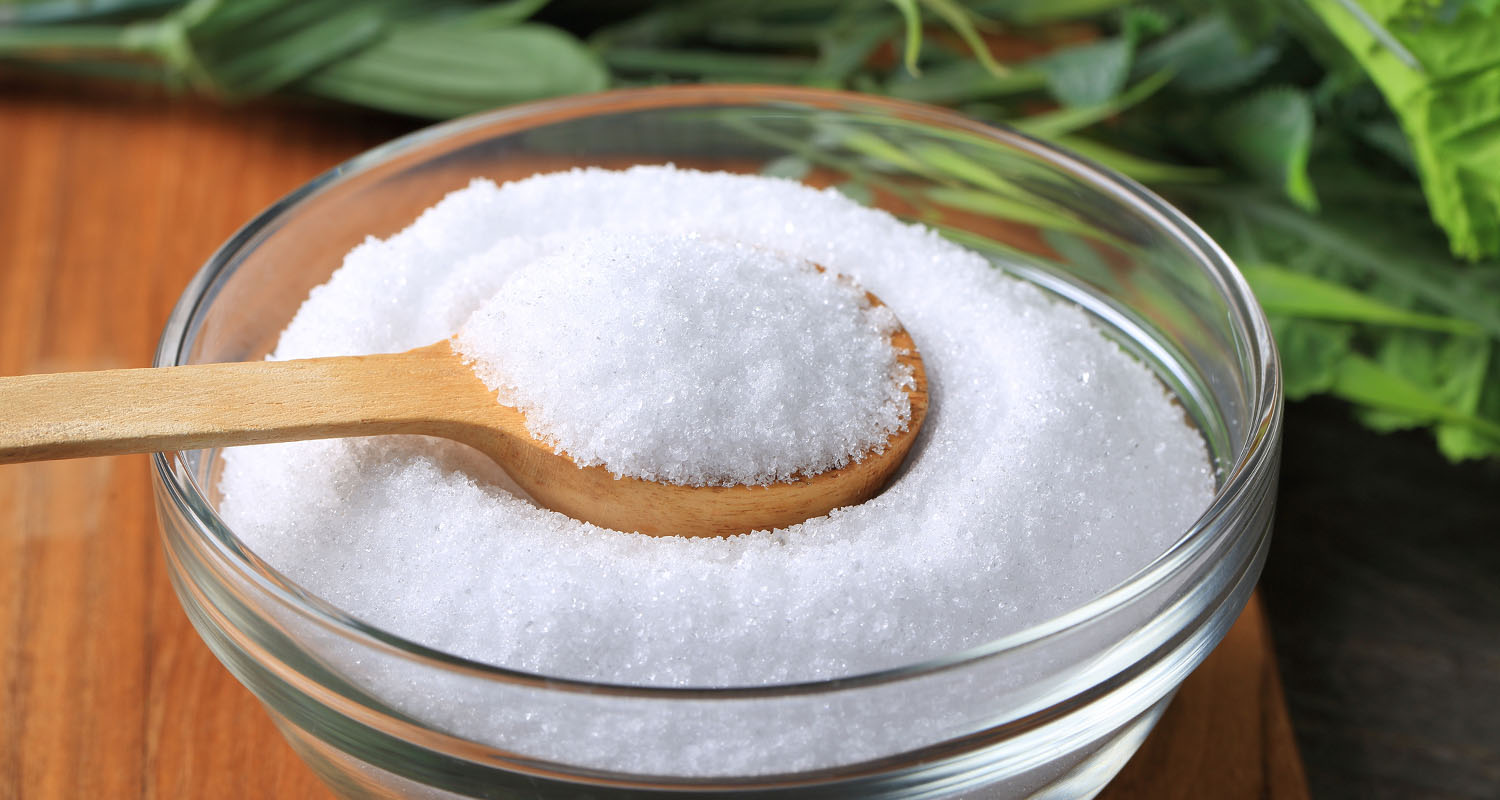
Erythritol is a cousin of xylitol that’s also an excellent sweetener. While it doesn’t have the same dental benefits, your gut bacteria aren’t as good at fermenting it, so it’s less likely to give you stomach troubles.
Monk fruit extract (luo han guo) is a strong antioxidant that’s several times sweeter than sugar. It won’t spike your blood sugar at all and it doesn’t have any strange aftertaste.
Stevia is another great natural sweetener. You may find it has a weird taste, depending on your genetics. If stevia tastes strange to you, opt for monk fruit, or try mixing stevia with one of the other sweeteners on this list.
You have a lot of options that both taste better and are less questionable than sucralose. Thanks for reading.










